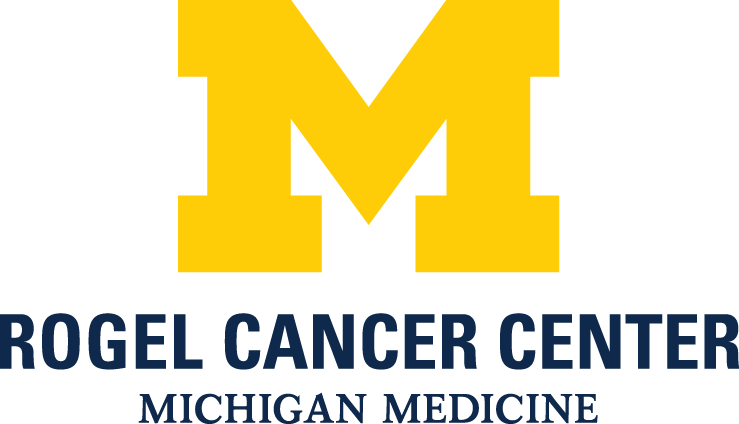- Advertise
- About OncLive
- Editorial Board
- MJH Life Sciences brands
- Contact Us
- Privacy
- Terms & Conditions
- Do Not Sell My Information
2 Clarke Drive
Suite 100
Cranbury, NJ 08512
© 2025 MJH Life Sciences™ and OncLive - Clinical Oncology News, Cancer Expert Insights. All rights reserved.
Devimistat Plus Gemcitabine/Cisplatin Moves to Phase 2 Setting in Frontline Biliary Tract Cancer
Devimistat in combination with gemcitabine and cisplatin has moved into the phase 2 portion of a phase 1b/2 trial studying the regimen as a first-line treatment for patients with locally advanced unresectable or metastatic biliary tract cancer.
Devimistat (CPI-613) in combination with gemcitabine and cisplatin has moved into the phase 2 portion of a phase 1b/2 trial (NCT04203160) studying the regimen as a first-line treatment for patients with locally advanced unresectable or metastatic biliary tract cancer (BTC).1
Rafael Pharmaceuticals, the developer of devimistat, announced that the triplet regimen recently completed the phase 1b part of the study.
“The phase 1b part of the trial has successfully identified the recommended phase 2 dose of CPI-613 when given in combination with gemcitabine and cisplatin in this patient population,” said lead study author Vaibhav Sahai, MD, a medical oncologist at the University of Michigan Rogel Cancer Center. “The 2:1 randomized phase 2 part of the trial has already started enrolling patients and will now determine the efficacy of devimistat at this maximum-tolerated dose in combination with gemcitabine and cisplatin as compared with the combination chemotherapy alone.”
Devimistat is a first-in-class compound that targets enzymes involved in cancer cell energy metabolism and are located in cancer cell mitochondria of cancer cells. The agent targets the mitochondrial tricarboxylic acid cycle, and then increases the sensitivity of cancer cells to chemotherapy; the mechanism could also allow for potential combination regimens.
Previously, the agent was granted fast track designation in December 2020 for the treatment of patients with acute myeloid leukemia, as well as orphan drug designation for the treatment of patients with soft tissue sarcoma. Devimistat is also being tested in pancreatic cancer.
The phase 1b portion of the open-label, multicenter study is exploring devimistat plus gemcitabine/cisplatin as a first-line treatment for patients with locally advanced unresectable or metastatic BTC who have had no prior treatment.2 Devimistat was evaluated at various doses to determine the recommended phase 2 dose (RP2D).
In the phase 2 portion, investigators are expected to enroll between 68 and 78 patients, who are being randomized to receive CPI-613 at the RP2D plus chemotherapy or standard chemotherapy alone. Treatment, which is given on day 1 and day 8 of each 3-week cycle, will continue for up to 2 years.
To be eligible for enrollment, patients must have BTC that is ineligible for curative surgery, transplant, or ablative treatments; cannot have received prior systemic therapy; can have received radiation, chemoembolization, radioembolization, or local ablative therapies or hepatic resection if completed within 4 weeks before enrollment and if patients recovered to grade 1 or lower toxicity; have radiographically measurable disease per RECIST v1.1 criteria; and have an ECOG performance status of 0 to 1.
Those with mixed cholangiocarcinoma or hepatocellular carcinoma histology, a prior history of brain metastasis, had a major surgical procedure within 4 weeks of enrollment, have an active secondary malignancy besides in situ cancer or localized prostate cancer, an ongoing active and uncontrolled infection, and an active heart disease, among other criteria, are ineligible to enroll on the study.
The primary end point in the phase 1 portion is dose-limiting toxicities; in the phase 2 setting, overall response rate is the primary outcome measure. Secondary end points include progression-free survival, overall survival, and safety.
“We are extremely excited and gratified to have completed phase 1b and to be able to advance to the next phase (phase 2),” said Sanjeev Luther, president and CEO of Rafael Pharmaceuticals. “Advanced biliary tract cancer is a rare and aggressive cancer with a 5-year survival rate of less than 5%, and the continuation of the trial aligns with our mission to help patients with significant unmet medical needs.”
The study’s estimated primary completion date is June 2024.
References
- Rafael Pharmaceuticals Announces the Successful Completion of Phase 1b Clinical Trial and Initiates Phase 2 for CPI-613 (devimistat) in Combination with Gemcitabine and Cisplatin in Patients with Biliary Tract Cancer. News release. Rafael Pharmaceuticals. August 25, 2021. Accessed August 26, 2021.
- Gemcitabine and Cisplatin With or Without CPI-613 as First Line Therapy for Patients With Advanced Unresectable Biliary Tract Cancer (BilT-04). ClinicalTrials.gov. Last Updated June 4, 2021. Accessed August 26, 2021. https://clinicaltrials.gov/ct2/show/NCT04203160


